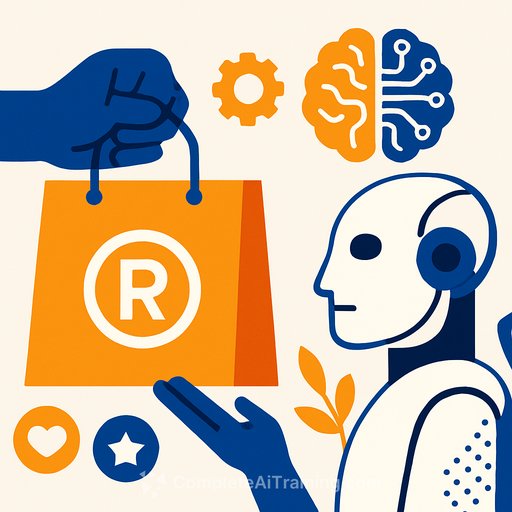By 2030, The Future of Brand Communication is Predicted to be “Bot-to-Bot”
WPP’s report, This Year, Next Year, predicts that by 2030, most interactions between brands and consumers will be handled by automated systems. Impressively, 66% of marketers agree with this outlook. This future imagines algorithms communicating directly with other algorithms, turning purchasing into a purely practical task, and potentially making brand loyalty obsolete.
But is this prediction accurate? Looking closely at how people have shopped for thousands of years suggests otherwise.
3,500 Years of Consumer Behavior: A Telling Insight
The first known shopping list dates back to the 15th century and was found on a stone tablet in Turkey, listing furniture. However, today’s shopping lists reveal something deeper about brands: their presence is often invisible because we assume certain products by brand by default.
We carry mental catalogs of preferred brands—whether it’s the bread we buy, the shampoo we trust, or the coffee we choose to pay full price for. Brands are intertwined with identity and daily rituals. They exist because of deliberate investment and strategy. As we approach a bot-to-bot commerce future, the question remains: does brand-building still matter?
An Unconventional Social Experiment
A recent social experiment explored this question by examining how people react when their favorite brands are removed. Sixteen participants identified brands critical to their routines. For one week, these brands were replaced with identical products in neutral packaging, and participants documented their experiences.
The results were clear: brands provide more than just products—they offer comfort, identity, and emotional connection. Without trusted brands, participants felt disoriented and less confident in their choices. For example, Lesley’s attachment to Yorkshire Tea went beyond taste—it was a ritual amid daily chaos. Melissa’s preference for Coke was tied to family memories. Introducing unfamiliar brands caused emotional discomfort and damaged their sense of identity.
This experiment shows that emotional bonds with brands aren’t easily replaced by algorithms.
The Triad of Brand Relevance
Despite advances in AI, brands remain critical for three main reasons:
- Stability: Brands offer consistency in an unpredictable world. Familiar packaging and flavors provide reassurance.
- Identity: Brands express who we are and what we value. As individuality grows, this role becomes more important.
- Connection: Emotional relationships with brands develop over time and shared experiences, which AI cannot replicate.
The Imperative of Brand Building
Given their ongoing importance, brand-building is more essential than ever. While digital marketing excels at targeting and conversions, true brand-building creates emotional connections that last.
In an AI-driven future, it’s vital to distinguish between automated performance marketing and the human-centered work of building brand meaning and loyalty. AI can support and amplify these connections, but it can’t replace the human touch behind them.
For marketers looking to sharpen their skills in AI and automation tools that complement brand-building, resources like Complete AI Training offer practical courses tailored to the marketing profession.
Charting a Path Ahead
Marketers face a pivotal choice: embrace fully automated commerce that risks losing the human elements of branding or recommit to the core strengths of brands—their ability to create meaning, identity, and genuine connection.
In an AI-centered era, the smartest strategy is to retain the fundamentally human approach to brand communication. Brands are not relics; they are essential anchors in consumer lives and will remain so well beyond 2030.
Your membership also unlocks:






